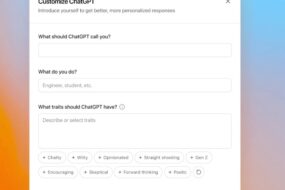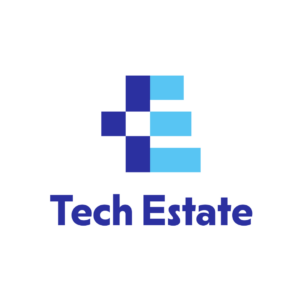
Source: Victoria Fakiya/ Techpoint
Nigerian-based HR tech startup, Propel, has raised $2.74 million (€2.5 million) in seed funding to accelerate the adoption and roll-out of its community-as-a-service platform.
No Such Ventures led the round, with participation from APX, Golden Egg Check, and Future of Learning Fund.
Founded in 2020 by Sunkanmi Ola, Seun Owolabi, and Abel Agoi, Propel is a startup that plans to help multinational corporations reduce the risk of hiring remote workers from emerging markets, particularly Africa.
Because “communities are the building blocks of any tech ecosystem, particularly emerging market ecosystems,” the company is community-based.
Ola told TechCrunch that while most tech communities expand their talent pools and upskill their members, the final step of turning these skills into jobs is frequently lacking, and communities struggle in that area.
Thus, Propel serves as a pipeline for talent in these tech communities, introducing them to a network of companies driven by mandates for diversity, equity, and inclusion (DEI) and specific job roles that need to be filled.
The company claims it connects to the diverse talent pools within these tech communities, spanning multiple skill sets from software development to design, data science to no-code, and other digital transformation skills, in exchange for providing last-mile infrastructure.
Then, using a “community-as-a-service” business model, Propel makes this pipeline available to global companies.
Further, in addition to employment opportunities, tech talent from these communities can benefit from access to workstations, healthcare, and, much later, financial services such as loans and asset financing.
Moreover, Propel has offices in Berlin, Lagos, Amsterdam, Johannesburg, London, and Nairobi, with over 550 people hired for several roles.
The company plans to expand its ecosystem of communities, scale its community platform, and introduce new client offerings.
It also wants to use the funds to generate €1 million in revenue for communities by the fourth quarter of 2024.
Source: Victoria Fakiya/ Techpoint






